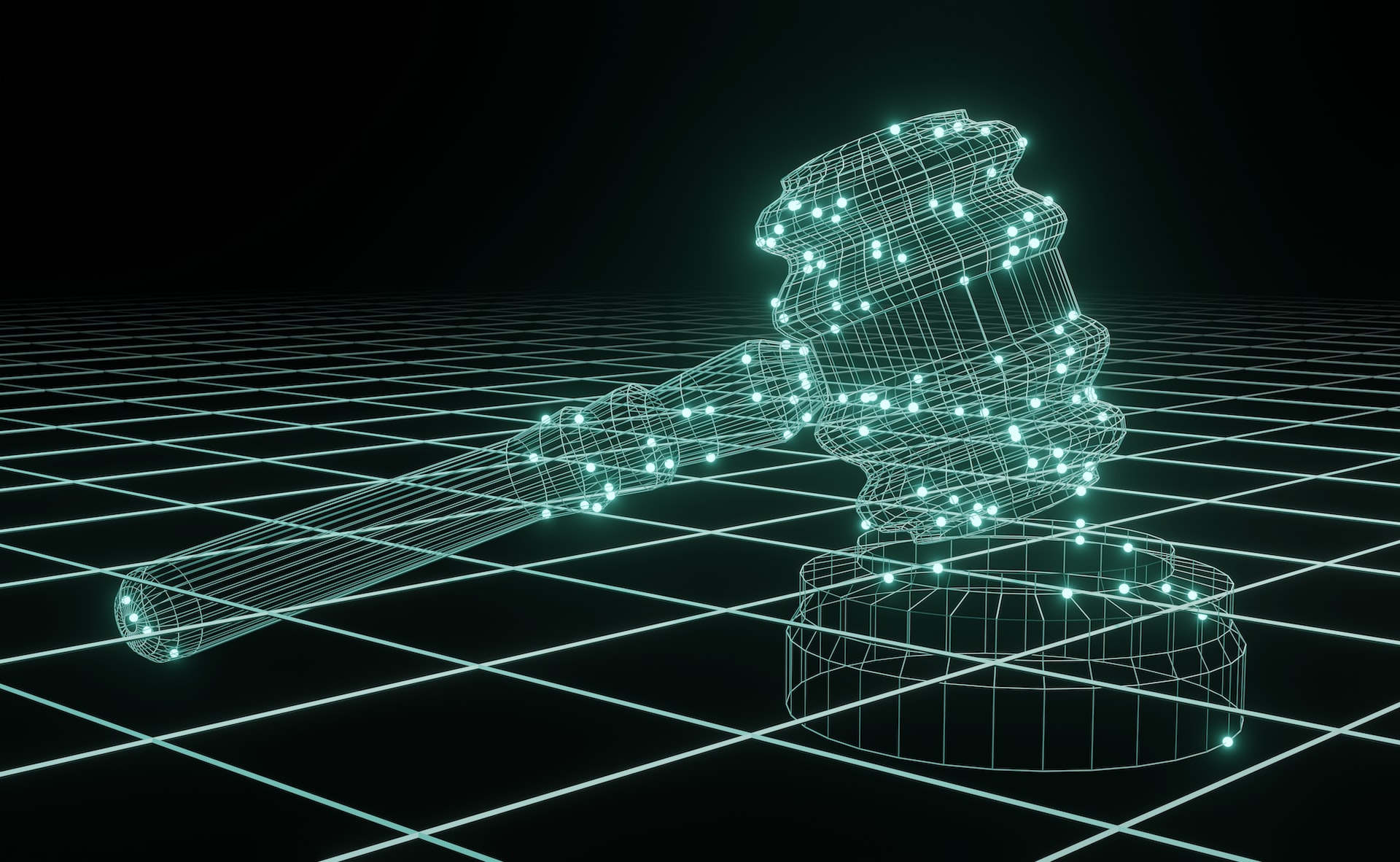KNOW ABOUT THE ROLE OF ARTIFICIAL INTELLIGENCE IN LEGAL PRACTICE AND RESEARCH

The legal profession is only one of the many industries that artificial intelligence (AI) is transforming. Artificial Intelligence (AI) is revolutionizing legal practice and legal research by improving efficiency, extending the skills of legal professionals, and changing established practices. This technology could boost access to justice, improve research and analysis, expedite procedures, and improve the legal profession as a whole.
artificial intelligence and law
Artificial intelligence (AI) has significant implications for a number of broad societal issues, including investor protection, consumer protection, privacy, misinformation, and civil rights. While AI can potentially reduce discrimination and speed up the drafting of contracts, briefs, regulations, laws, and court opinions, it can also make enforcement as well as adjudication more effective.
Role of AI for Legal Practice
Automation of Documents:
- One of AI’s immediate benefits is that it can automate legal labor, increasing its efficiency.
- NLP-capable virtual assistants can make it easier for attorneys to examine and analyze vast amounts of papers, agreements, and contracts. Furthermore, the legal sector can benefit from ChatGPT and other large language models by automating the creation of legal documents.
- They can save time and lower the possibility of errors by automating repetitive and time-consuming tasks including document review, contract analysis, and creating legal papers.
Legal Prediction Analysis:
- Information assimilation and predictive analysis represent two of the main fields in which generative AI has applications in the legal profession. A rising number of AI vendors give organizations and law firms toolkits so they can design their own analytics algorithms that are tailored to their particular requirements.
- Certain AI-enabled virtual assistants can analyze legal data to assist attorneys in forecasting case outcomes, spotting patterns, and coming to more educated strategic conclusions.
- Contract analysis virtual assistants can expedite due diligence procedures in deals and discussions by reviewing contracts, highlighting crucial sections, and identifying potential dangers.
Management of Cases:
- By arranging appointments, reminding clients of court dates and deadlines, and notifying them of impending assignments, smart assistants can assist attorneys with managing their calendars.
- Practice management software can be combined with virtual assistants to assist lawyers with various tasks such as managing client files, tracking billable hours, creating bills, and handling administrative duties. (For instance, time-tracking software that automatically creates bills and logs the number of hours an attorney spends with each client).
- ai tools for lawyers for timekeeping that can operate in the background and bill clients accurately based on the real amount of time spent on their case
Role of ai for legal research
Swift Finding of any Important Information:
- AI can be utilized in legal research to assist attorneys in finding pertinent material quickly by sorting through vast volumes of legal data.
- This can involve the analysis of contracts and legal documents using natural language processing, as well as the use of machine learning algorithms to forecast court case outcomes based on past performance.
Identifying and Summarizing Important Legal Ideas:
- AI can also be utilized to help in legal research by finding pertinent statutes, cases, and regulations as well as by summarizing important legal ideas.
- AI is being used in legal research with the aim of making the process more accurate, expedient, and time- and resource-efficient for both clients and attorneys.
Analyze a Large Volume of Legal Documents:
- Artificial Intelligence (AI) can help lawyers analyze a large volume of legal documents, precedents, and regulations as part of their thorough legal study.
- Legal research can be conducted more effectively and intelligently if the AI tool is appropriately trained on the right data sets and under the right kind of human supervision.
- It can offer insights, recommend pertinent case law, and assist in decision-making.
disadvantages of ai in law
- The caliber of the training data limits the objectivity of AI systems. AI can reinforce bias and discriminatory trends seen in the historical data used to train its algorithms, producing unfair results.
- For AI to be useful, a large volume of data is required. To get the most out of their systems, users frequently need to enter data, including perhaps sensitive information about specific people or organizations.
- Artificial Intelligence (AI) holds the potential to automate tedious and repetitive legal work, which might have a significant impact on the legal profession as a whole if adopted. Many people in lower-skilled legal occupations may eventually lose their careers due to AI.
Legal professionals can take advantage of a wide range of functions and features provided by legal ai tools and platforms in a proper way as it contains many disadvantages as well, which will be of great assistance to the legal practice and legal research in the years to come. Utilizing these tools can result in major time and accuracy savings, especially for legal practitioners undertaking legal practice and research.









